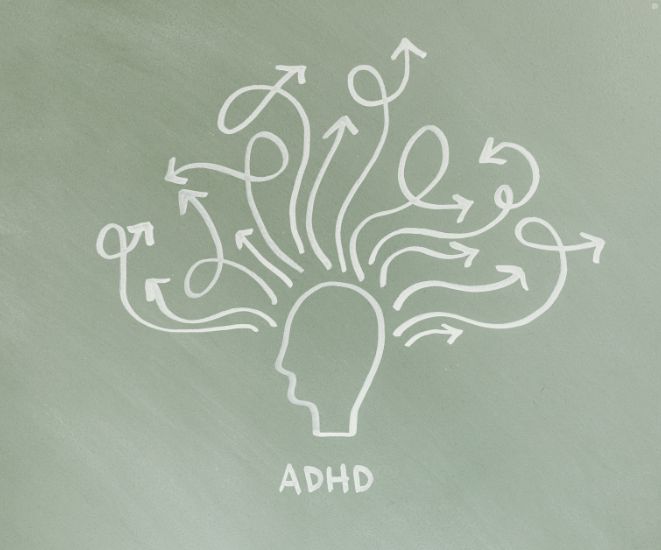Navigating Medications, Therapy and Support
Attention deficit hyperactivity disorder (ADHD) is a condition that makes it hard for people to focus, sit still or control their impulses. There are many treatment options available that can help improve focus, reduce impulsivity and support everyday tasks. Read on for information about common ADHD treatment options.
1. Amphetamine Stimulants
Amphetamine stimulants are one of the most common medicines used to treat ADHD. These medications work by increasing chemicals in the brain that help with focus and alertness. Some common brand names include Adderall and Vyvanse. Many patients notice improved focus and reduced impulsivity after starting an amphetamine stimulant. However, these drugs must be taken exactly as prescribed by a doctor, as they can have side effects such as trouble sleeping or loss of appetite.
2. Methylphenidate Stimulants
Methylphenidate stimulants are a different group of medicines that also help increase focus and reduce impulsivity. Medications like Ritalin and Concerta belong to this group. Like amphetamine stimulants, methylphenidate works by boosting certain chemicals in the brain. Many adults with ADHD find that these medicines help them keep on task and manage daily challenges. Side effects may include headaches, stomach aches or sleep problems.
3. Norepinephrine Reuptake Inhibitors
Norepinephrine reuptake inhibitors are a newer class of medications used to treat ADHD. They work by increasing the levels of norepinephrine, a brain chemical that affects attention and response times. One example of this type of medication is Strattera. Unlike stimulant medications, norepinephrine reuptake inhibitors are less likely to be misused because they do not produce a high.
Related Search Topics (Ads)
4. Alpha-2 Adrenergic Agonists
Alpha-2 adrenergic agonists, such as guanfacine and clonidine, are another set of medicines often used as part of an ADHD treatment plan. These drugs work on receptors in the brain that help with attention and behavior regulation. They are sometimes used alone or together with stimulant medications. They can be very helpful for reducing symptoms like impulsivity and hyperactivity. However, these medications may cause drowsiness or low blood pressure.
5. Antidepressants
Antidepressants can be another option for some adults with ADHD, especially if they also have anxiety or depression. They work by balancing certain chemicals in the brain that affect mood and attention. Antidepressants are not the first choice for ADHD treatment, but when there are other mood issues present, they can help improve overall mental health. As with all medications, they should be taken under the supervision of a healthcare provider.
6. Cognitive Behavioral Therapy (CBT)
CBT is a type of talk therapy that can help adults with ADHD learn new skills to manage their symptoms. It helps people recognize negative thought patterns and change behaviors that make it harder to focus or complete tasks. CBT can teach strategies for time management, problem-solving and organization. Many adults with ADHD find that CBT improves their self-confidence and helps them cope with everyday challenges.
7. Family Therapy
Family therapy is a useful option for adults with ADHD who may need support from those closest to them. This type of therapy involves family members and couples working together with a therapist. The aim is to improve communication and understanding among family members. ADHD can cause stress or misunderstandings in relationships and family therapy helps everyone learn how to better support each other. This method can be a helpful complement to individual therapy or medication. It allows family members to learn about ADHD and work together for better relationships.
8. Support Groups
Support groups bring together people who have similar experiences with ADHD. These groups can provide a friendly, understanding environment where adults share tips, coping strategies and even personal victories. Support groups have the benefit of reducing feelings of isolation, as members learn that they are not alone in their struggles. Meetings usually occur in person or even online and they allow for open discussion about challenges and successes. The advice and peer support gained from these groups can be very valuable in managing daily life with ADHD.
There is no one-size-fits-all approach to treating ADHD. Finding the right mix of ADHD treatment options often depends on individual needs. By understanding your options you can work with your doctors, therapists and loved ones to build a treatment plan that fits your specific needs.
Keep reading to learn how to choose a drug addiction treatment center.
The information on this website is for general educational purposes only and is not a substitute for professional medical advice. Always consult your doctor or qualified healthcare provider before making changes to your health, diet or treatment plan.

